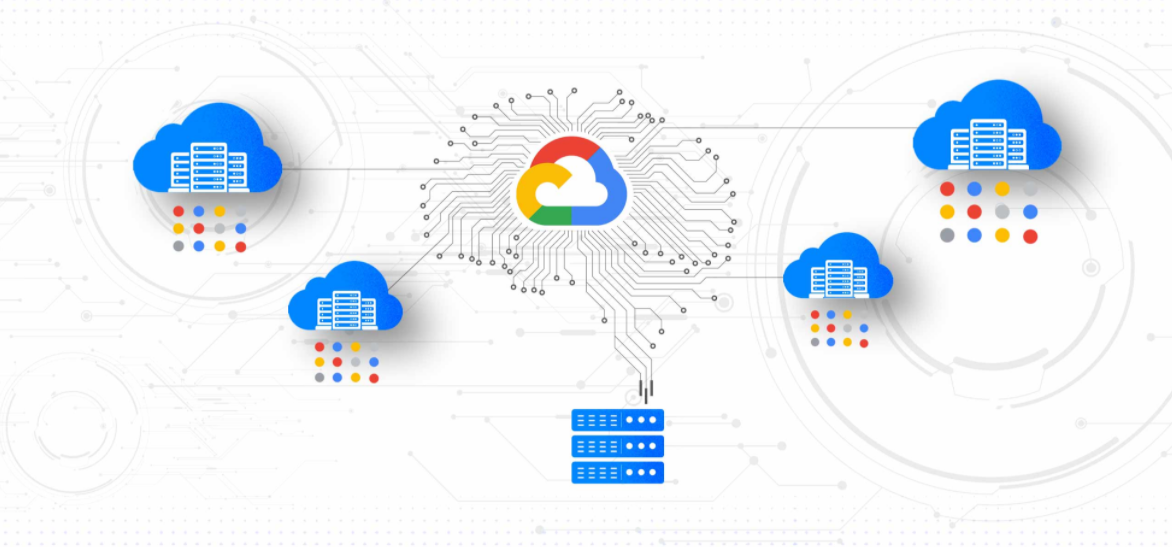 INFRA
INFRA
 INFRA
INFRA
 INFRA
INFRA
Google LLC today outlined its vision for custom computing, revealing that it’s planning to embrace a “systems on chip” infrastructure to replace the traditional motherboard as a key integration point.
Up until now, Google has relied on the venerable motherboard to integrate the various components of its compute infrastructure, including its central processing units, networking, storage devices, custom accelerators and memory. But as compute reaches an inflection point, Amit Vahdat, Google’s vice president of systems infrastructure, said in a blog post that a new approach is needed.
“Instead of integrating components on a motherboard where they are separated by inches of wires, we are turning to “Systems on Chip” (SoC) designs where multiple functions sit on the same chip, or on multiple chips inside one package,” Vahdat said. “In other words, the SoC is the new motherboard.”
An SoC helps ensure much deeper integration between workloads and the underlying hardware, Vahdat said. That’s because the latency and bandwidth between different components on an SoC can be orders of magnitude better, he explained, while other benefits include reduced power and cost compared with composing individual ASICs on a motherboard.
“Just like on a motherboard, individual functional units (such as CPUs, TPUs, video transcoding, encryption, compression, remote communication, secure data summarization, and more) come from different sources,” Vahdat said. “We buy where it makes sense, build it ourselves where we have to, and aim to build ecosystems that benefit the entire industry.”
To assist with its future SoC designs, Vahdat revealed today that Google has hired former Intel Corp. chip designer Uri Frank as its new vice president of engineering. Frank, who has more than 25 years experience in chip design, will head up a new unit in Israel that will be tasked with designing the company’s next-generation compute infrastructure.
“Google has designed and built some of the world’s largest and most efficient computing systems,” Frank said. “For a long time, custom chips have been an important part of this strategy.”
Google has a long history of designing its own chips for its cloud computing infrastructure. For example, in 2016 it announced its first batch of Tensor Processing Units, which are specialized CPUs for running workloads such as real-time voice search, photo object recognition and interactive language translation, Vahdat said. The TPUs are so much more efficient at those tasks than the general-purpose chips designed by companies such as Intel and Advanced Micro Devices Inc. that without them, Google wouldn’t be able to offer those services, he explained.
Besides chips, Google has also built lots of custom hardware, including solid-state drives, hard drives, network switches and network interface cards.
Vahdat said Google’s future SoCs will enable it to design even more customized hardware that’s specialized for individual applications, though he admitted it will be challenging to do that rapidly enough to keep up with all of the different cloud services it currently offers.
“Together with our global ecosystem of partners, we look forward to continuing to innovate at the leading edge of compute infrastructure, delivering the next generation of capabilities that are not available elsewhere, and creating fertile ground for the next wave of yet-to-be-imagined applications and services,” Vahdat said.
“It comes as no surprise that Google is leading the market with a specialized SoC approach, given its workload from YouTube and to a lesser extent Google Photos,” said Constellation Research Inc. analyst Holger Mueller. “Now it will be key to see how efficient the next generation of SoCs are, but Google has a great track record with custom hardware.”
THANK YOU